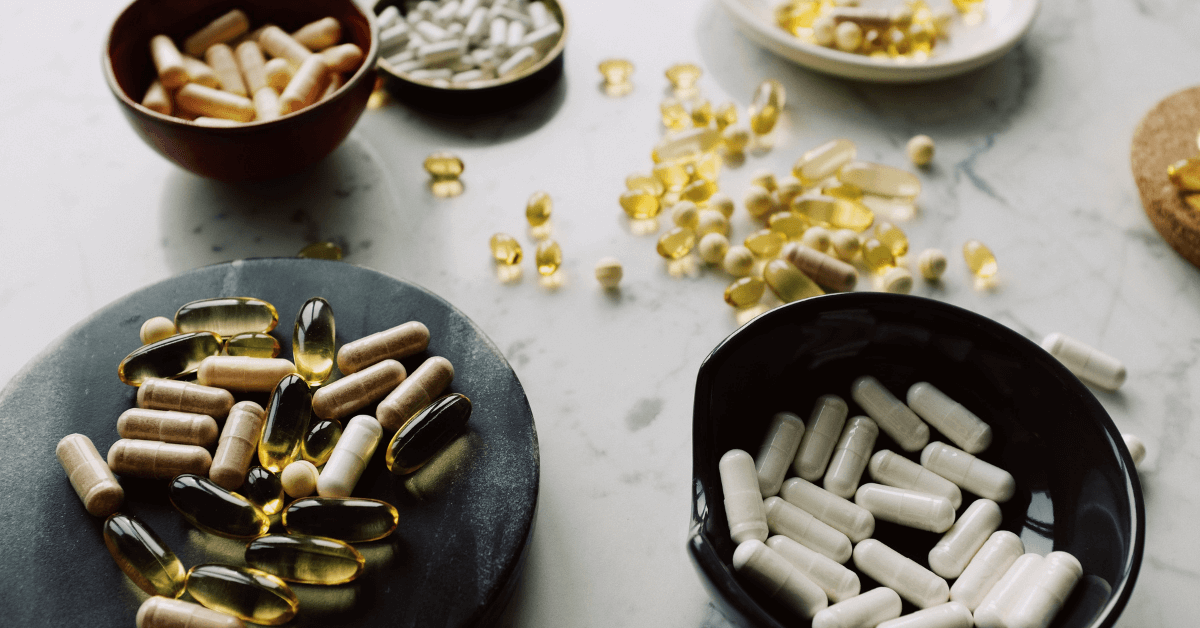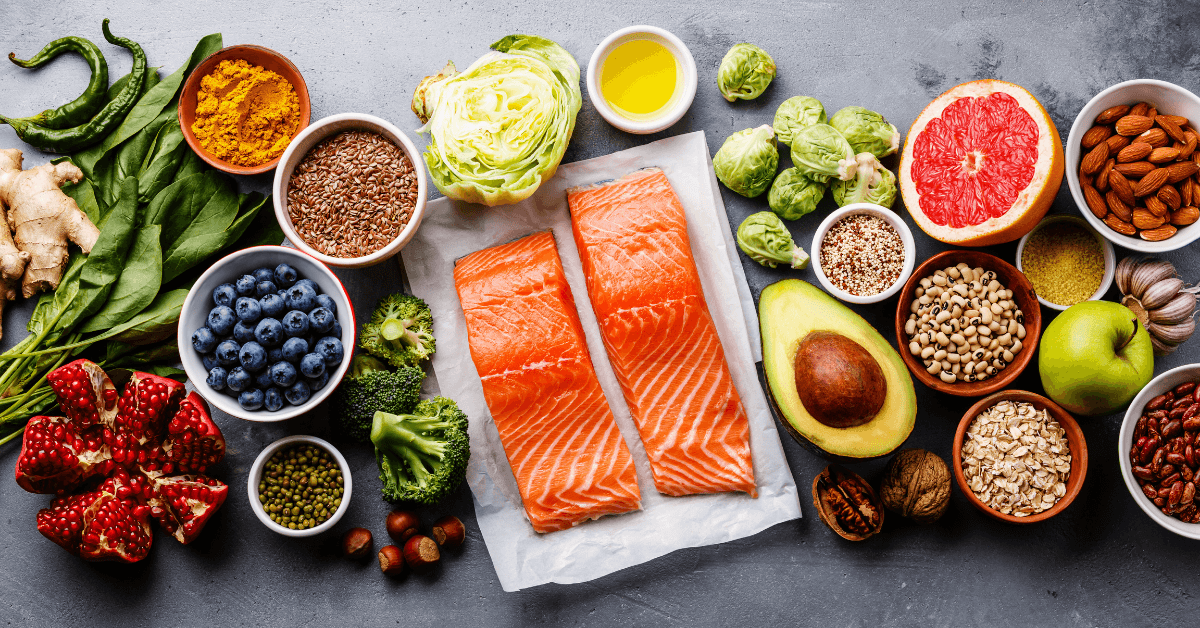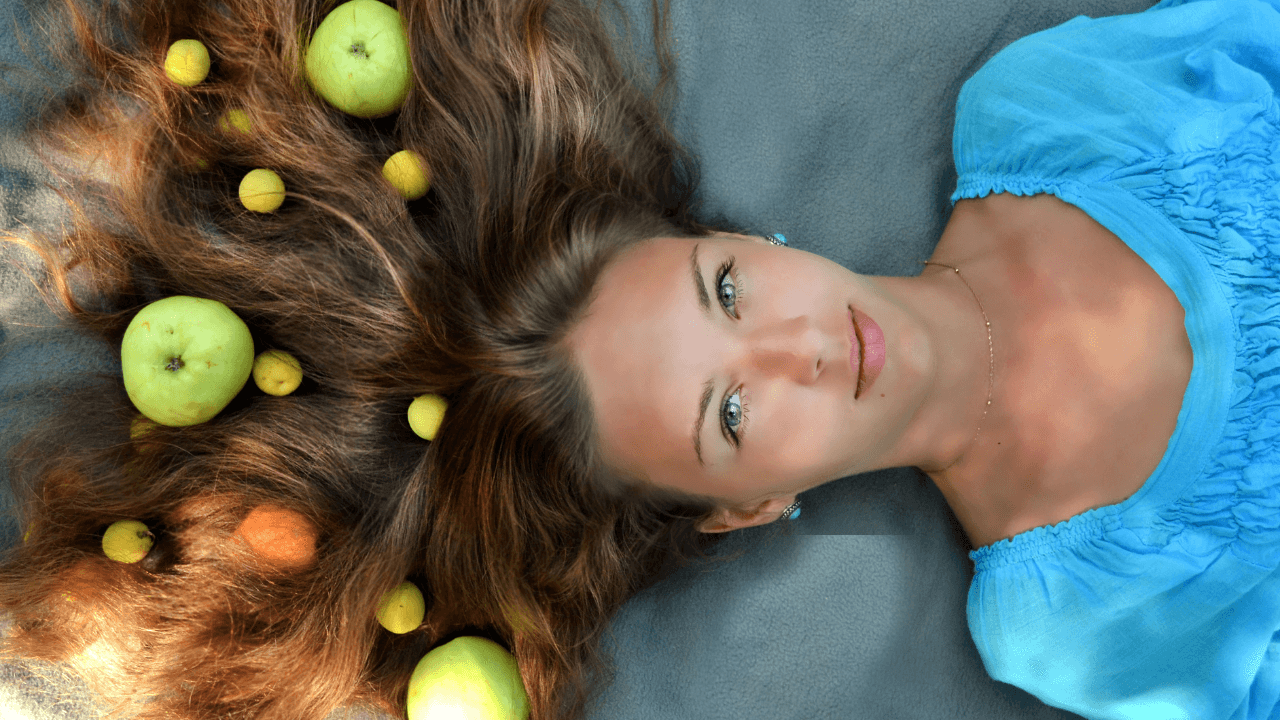The Best Vitamins and Top 6 Foods for Healthy Hair
Posted by THYMUSKIN®
Hair is constantly shedding and growing. The human scalp contains about 100,000 hair follicles and in order for follicles to normally grow, numerous essential nutrients such as proteins, vitamins and minerals are needed. Essential nutrients are nutrients that our bodies need but do not produce, therefore we must obtain from outside sources (i.e. food, supplements). There are a variety of essential nutrients that are needed for healthy hair.
●Vitamin B: There are eight different Vitamin Bs. At least four of them are essential for hair growth.
○Vitamin B2 (riboflavin). Riboflavin plays an important role in cellular development and function, metabolism of fats, and energy production. Lack of riboflavin can cause hair loss.
○VitaminB7 (biotin). Biotin is involved with cell signaling and gene regulation. Many signs of biotin deficiency are often loss of hair, skin rashes, and brittle nails.
○Vitamin B9 (folate). Folate is another type of vitamin B supplementation that is responsible for aiding in both building up and breaking down amino acids (precursors of protein).
○Vit B12 (cobalamin). B12 is necessary for DNA synthesis, brain function and red blood cell formation. Since they work together with folate to help with amino acid production, there is evidence that the combination of both folate and B12 can play a major role in hair follicle development.
●Vitamin C (ascorbic acid). Vitamin C is derived from sugar (glucose) metabolism. It is not only a potent antioxidant, but it also helps in the development of collagen fiber synthesis which is needed to produce hair follicles.
●Vitamin E (tocotrienols). This vitamin is a powerful antioxidant that can help with maintaining a healthy scalp and thus preventing hair loss.

●Iron. There is a correlation between iron deficiency and hair loss. Although iron is mainly used in red blood cells to help capture and bring oxygen into the body, it also aids in the development of hair building.
●Copper. This is another essential element needed for healthy hair. Copper contributes greatly to hair strengthening by influencing its structure. A deficiency in this might be the cause of lack of strength and elasticity of hair leading to brittle, weak hair that tends to gray early.
●Selenium. An essential nutrient that is a component of at least 35 different proteins. A deficiency of selenium can lead to hair loss.
●Zinc. Aside from being an essential part of the immune system, zinc also has a role in the growth of hair follicles.
●Magnesium. This mineral takes part in numerous biological functions such as, protein transformation, cell division, cell growth and protecting and alleviating inflammation. Deficiency of magnesium contributes greatly to hair loss.
●Calcium. Aside from being important for bone development, calcium also plays an important role in keeping hair in its proper state.
●Other essential nutrients.
○Protein. It is immensely important to consume an appropriate number of proteins daily as it is the precursor for forming the main component of hair: keratin. Keratin is the main ingredient of the hair shaft and hair shield, and it gives hair elasticity, continuity, and shine. Deficiency in proteins will cause a disruption in hair synthesis thus causing fragility and brittleness and leading to hair loss.
○Omega Fatty Acids. The essential fatty acids, 3 and 6 are extremely important because they help to keep a protective coat in the outer layer of the skin which further helps with keeping the hair intact. Deficiency in your essential fats will cause hair loss.
○Carbohydrates. Foods in carbohydrates can have both beneficial and detrimental effects on the hair. Eating too little carbohydrates and cutting calories too much, can lead to hair loss, but when you are consuming foods rich in simple sugars and ones that are highly processed, it can also lead to hair loss. Make sure to consume carbohydrates that are found in fruits and vegetables to prevent excess hair loss.
Here are the top 6 foods you should be adding to your daily diet for healthy hair!
- Eggs. Not only a good protein and fat source, but also a good source of biotin.
- Berries. Berries contain tons of vitamins and minerals used to help grow healthy hair such as vitamin C.
- Spinach. Spinach is a green leafy vegetable containing some nutrients, such as folate and vitamins A and C to just name a few. This is also a great source of iron for those that prefer more plant-based nutrients.
- Salmon. Salmon and other fatty fishes (i.e. herring and mackerel) contain huge amounts of omega-3 fatty acids, proteins, selenium, vitamin D3 and B to help promote strong and healthy hair.
- Nuts and Seeds. Nuts and seeds are jam packed with nutrients! They contain your daily dose of vitamin Bs, zinc, fatty acids, vitamin E and selenium. Try adding chia or flax seeds in your smoothie or munching on a small handful of almonds daily.
- Fortified Foods. Foods, such as milk, breakfast cereals, orange juice and yogurt contain a good source of Vitamin D. For a quick snack, try mixing plain Greek yogurt with your choice of natural nut butter to get your Vitamin D and healthy fat source. Also be mindful of cereals and juices that contain tons of sugar!

There are numerous essential nutrients the body needs for proper hair growth. It is critical to ensure you are obtaining the right nutritious foods from healthy, natural sources as this will determine both the quantity and the quality of your hair!
References:
- MediLexicon International. (n.d.). What are the best foods for healthy hair growth? Medical News Today. https://www.medicalnewstoday.com/articles/324949#fatty-fish
- Almohanna, H. M., Ahmed, A. A., Tsatalis, J. P., & Tosti, A. (2019). The Role of Vitamins and Minerals in Hair Loss: A Review. Dermatology and therapy, 9(1), 51–70. https://doi.org/10.1007/s13555-018-0278-6
- Goluch-Koniuszy Z. S. (2016). Nutrition of women with hair loss problem during the period of menopause. Przeglad menopauzalny = Menopause review, 15(1), 56–61. https://doi.org/10.5114/pm.2016.58776



